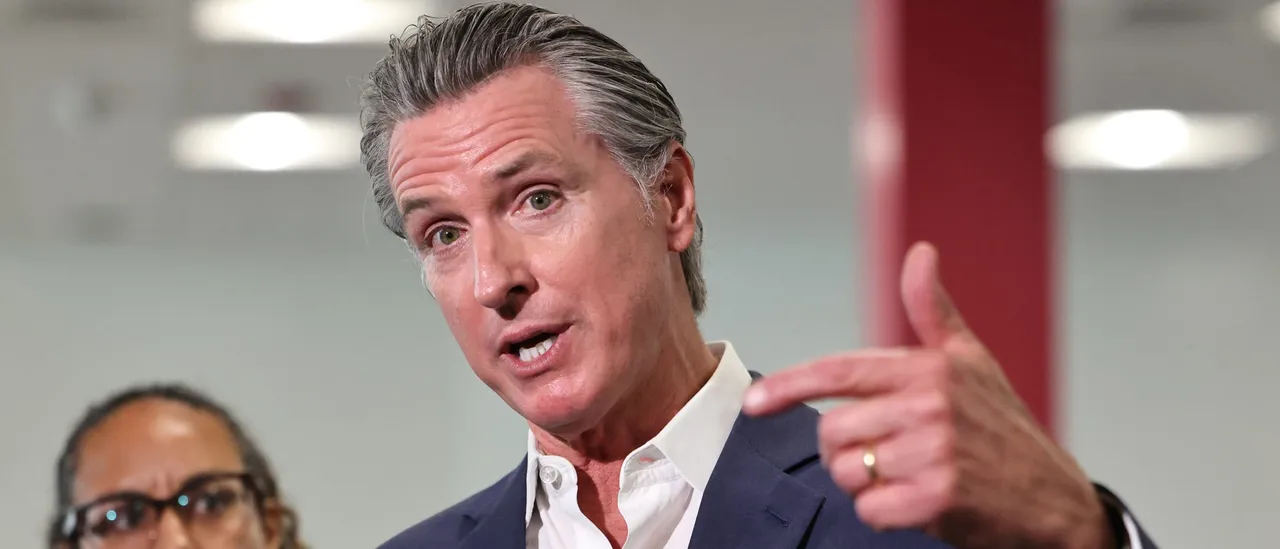Copyright Reuters

WASHINGTON, D.C., Oct 31 (Reuters) - A year ago, Karlene Sinclair-Robinson was writing loans and hosting education seminars for small businesses and entrepreneurs as finance director of Community Business Partnership, a community development financial institution, or CDFI, in northern Virginia. Now, she’s helping shut it down for good on December 31. Sign up here. “There are other CDFIs that might only have maybe a year runway. If they don't get additional funding, they won't go past the next year,” said Sinclair-Robinson, who is also the author of “Spank The Bank: THE Alternative Guide to Business Financing.” COMMUNITY LENDERS UNDER THREAT Congress created the CDFI Fund in 1994 to establish institutions to serve the economic development needs of low-income, rural and minority communities with limited access to traditional banking. The institutions — non-profits, credit unions, and small banks — rely on a mix of federal funding, grants, corporate philanthropy. Some CDFIs will survive without federal support, but that wasn’t an option for Community Business Partnership, which received 90% of its funding from local, state, and federal government. Their corporate and philanthropic partners also suddenly reduced their contributions by as much as 50% amid uncertainty that the program would continue. The White House, Treasury Department and the Office of Management and Budget did not respond to requests for comment. Because CDFIs are backed by grants, philanthropy and corporate partnerships rather than federally-insured deposits, they can take bigger risks on borrowers than community banks. Without them, small business owners and entrepreneurs may turn to credit cards or payday lenders for capital, said Nicole Elam, CEO of the National Bankers Association, a trade group representing Black-owned banks. "Banks prioritize profitability," Elam said. "A CDFI is more mission-oriented around specifically serving underserved communities." BIPARTISAN SUPPORT CDFIs have historically received bipartisan support in Congress and across administrations . North Carolina Republican Senator Thom Tillis, a supporter of the program and member of the Senate Banking Committee, called the move to defund them “amateurish.” “It’s not smart. CDFIs are all over rural America and in a lot of red states and a lot of red districts. So to me, this wasn’t really the right way to execute a business decision, and it doesn’t look like it paid much attention to politics, either,” he told reporters at the Capitol. Republican Senator Mike Rounds, a member of the bipartisan CDFI Caucus, said CDFIs are an important part of the financial ecosystem in his rural state of South Dakota. "We need to get them back and operational," he said. SCRUBBING WEBSITES OF DEI Some CDFIs, like Seattle-area Business Impact NW, have scrubbed their websites and public-facing materials for anything that can be interpreted as DEI language. At the request of administration officials, the organization submitted documents and website copy and more to all federal agencies it receives grants from so it wouldn’t get flagged for DEI. “For us, the change was more in how we talked about it,” said CEO Joe Sky-Tucker. "We know who we need to serve." The concern among CDFI leaders isn’t just that federal funding goes away, but that the “entire architecture” of support which spans government, philanthropy, and private funds starts to unravel, said Nate Schaffran, executive director of the California Coalition for Community Investment, a statewide coalition of CDFIs. A WINE SHOP IN RICHMOND Kristen Gardner Beal, 35, would not have opened her boutique wine and restaurant business if Bridging Virginia, a Richmond-based CDFI, had not existed. In light of the administration’s actions, Bridging Virginia is tightening its belt, sharing staff and rent with another local nonprofit and considering a merger. Gardner Beal and her business partner, who are both Black, received a $100,000 loan to start Penny’s Wine Shop in 2021, which now generates about $600,000 in revenue a year and employs nine people. They first tried getting a $150,000 loan from a large bank, advanced to the final lending stages only to get denied in the end. “There's going to be many, many business ideas out there that do not get started unless people have the financial resources on the table to self-fund or risk going into copious amounts of personal loan debt,” Beal said. Reporting by David Hood-Nuño and Disha Raychaudhuri in Washington, D.C.; Additional reporting by David Morgan, Julio-Cesar Chavez, Paul Vieira. Editing by Kat Stafford and Michael Learmonth Our Standards: The Thomson Reuters Trust Principles., opens new tab Disha is a data journalist based in Washington, D.C., covering global inequality, race and social justice issues. She joined Reuters in 2020 as a data journalist on the legal news team where she covered a wide range of topics including bankruptcy, opioid settlements and the legislative push to restrict transgender healthcare in the US. Prior to joining Reuters she was a data reporter at The Star-Ledger in New Jersey. Contact: disha.raychaudhuri@tr.com



